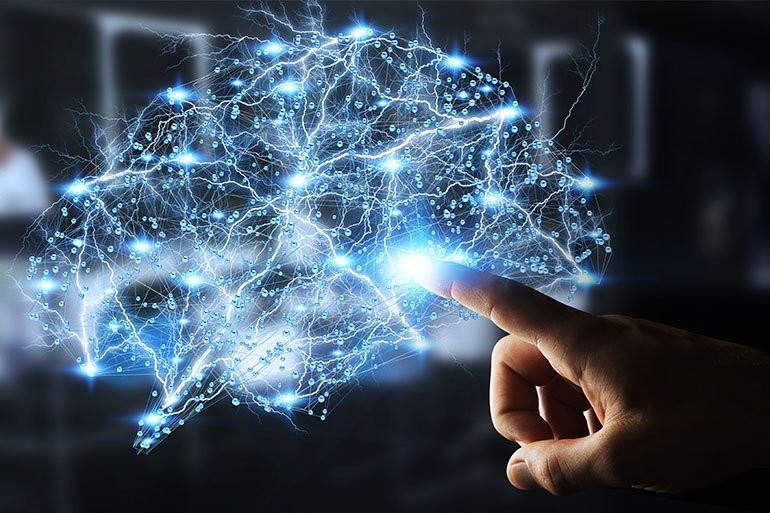
AI and decision management
AI and decision management systems can help companies in making valid decisions by providing up-to-date and relevant information and performing analytic functions.
Companies base their decisions on data available from management information systems as they reflect information that comes from the operations of their company. Combining AI and decision management systems can take decision-making to different levels. AI’s capabilities help these decision management systems in translating customer data into predictive models of key trends. This has helped marketing and consumer departments in customizing their efforts according to key demographics.
AI and Decision Management: Benefits
Since its beginning, AI has played a revolutionary role in automating both knowledge based and non-knowledge based activities. Today, a huge amount of data is used for generating various models on a weekly basis or even on a daily basis, that help an organization in making decisions in fractional amounts of time. This has helped in earning huge revenues for firms. But, humans have their capacity to do work, they cannot be stressed beyond those limits. Here, AI has played a pivotal role in extending these limits and increasing profits. For example, some medical companies are collaborating their decision management systems with AI for providing recommendations for treatment of specific patients.
These systems help in bridging complex and dynamic information to generate hypotheses. In the finance industry, decision management systems with AI also act as a fraud detector. AI can play a defining role in decision management systems by automating the requirements of the financial markets, pushing the current limits, and taking the competition to the next level.
AI can make your decision management system reliable and efficient and thereby, assist you in making innovative products and earning good profits.
Experts are now focused on developing commercial AI technology for decision management systems in three particular sectors, which are e-commerce, financial markets trading, and insurance.
Artificial intelligence has now become ubiquitous from the perspective of consumers and organizations alike. Businesses have increased their dependence on artificial intelligence for gathering data, developing computing methods for automated perception, learning, understanding, and reasoning with gathered data. Companies should now focus on prioritizing the cultivation of technological innovation and take efforts in order to stay ahead of competitors in the market. It’s a known fact now that those companies, which implement artificial intelligence and can effectively utilize it, will eventually be more valued.

--
6yIs there need to think about the displaced human factor in a more serious way? We are not currently set up to have non compensated time as potentially a primary part of our societies and economies. With gains in AI What will we do as 7.5 billion idle people? I realize this is a future timeline concern, but how will smart machines and AI impact the cycle? How will a displaced non compensated person be able to live in that system? What is the anticipated economy and the impact of it? Will it still be profit driven if most people won't be participating in anything that provides income? Is there AI to let me know? I am agnostic in this, but would love to see how the idea of predictable future outcomes looks.
广铁集团 - 铁路客运员
6y说的是啥呀……
Certified Scrum Master/Coach | Agile Enthusiast | Process Improvement Advocate | Heart of a Teacher
6yA decision tool. A guide - Only as good as the data it receives. It is still very formulaic and not AI.
Transformación Digital | MBA | Magister en Innovación | Especialidad en Seguridad y Defensa | Ciberseguridad | Administración de las TIC | Proyectos | RRHH
6yBe technologically efficient